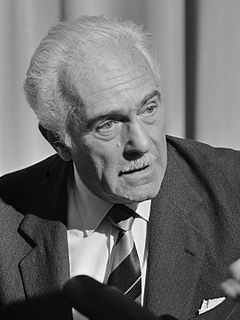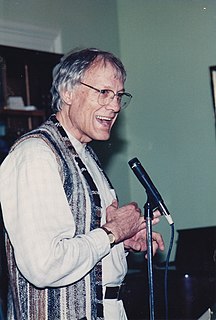A Quote by Veronica Roth
We share a common enemy, but does that make us friends?
Related Quotes
We have a common enemy. We have this in common: We have a common oppressor, a common exploiter, and a common discriminator. But once we all realize that we have this common enemy, then we unite on the basis of what we have in common. And what we have foremost in common is that enemy - the white man. He's an enemy to all of us. I know some of you all think that some of them aren't enemies. Time will tell.
Christians are supposed to love each other. Communists are supposed to share bonds with all proletarians and other communists. Every ideological group proclaims universality, and all of them bicker internally, never displaying unity except in the face of a common enemy. Humanism today is the common enemy of Christians.
What is common to all paths that are spiritual is, of course, the Spirit-breath, life energy, that is why all true paths are essentially one path, because there is only one Spirit, one breath, one life, one energy in the universe. It belongs to none of us and all of us. We all share it. Spiritually does not make up otherworldly; it renders us more fully alive.
The gift our enemy may be able to bring us: to see aspects of ourselves that we cannot discover any other way than through our enemies. Our friends seldom tell us these things; they are our friends precisely because they are able to overlook or ignore this part of us. The enemy is thus not merely a hurdle to be leaped on the way to God. The enemy can be the way to God. We cannot come to terms with our shadow except through our enemies.
Of course fear does not automatically lead to courage. Injury does not necessarily lead to insight. Hardship will not automatically make us better. Pain can break us or make us wiser. Suffering can destroy us or make us stronger. Fear can cripple us, or it can make us more courageous. It is resilience that makes the difference.
Simple exchanges can break down walls between us, for when people come together and speak to one another and share a common experience, then their common humanity is revealed. We are reminded that we're joined together by our pursuit of a life that's productive and purposeful, and when that happens mistrust begins to fade and our smaller differences no longer overshadow the things that we share. And that's where progress begins.
The Making of Friends Life is sweet because of the friends we have made And the things which in common we share; We want to live on, not because of ourselves, But because of the ones who would care. It's living and doing for somebody else On that all of life's splendor depends, And the joy of it all, when we count it all up, Is found in the making of friends.







































